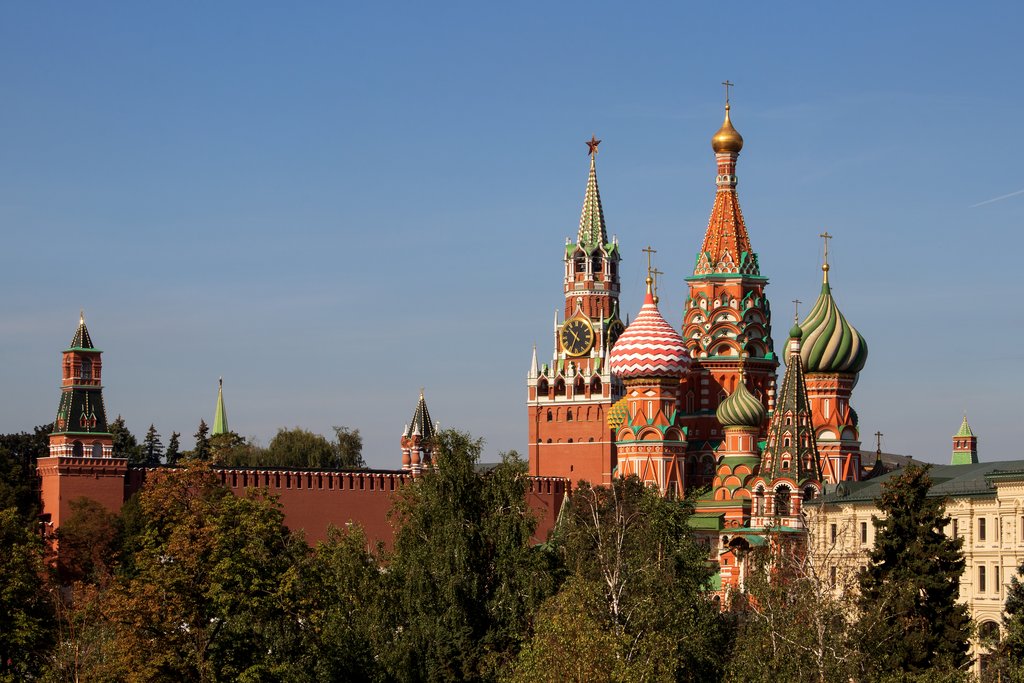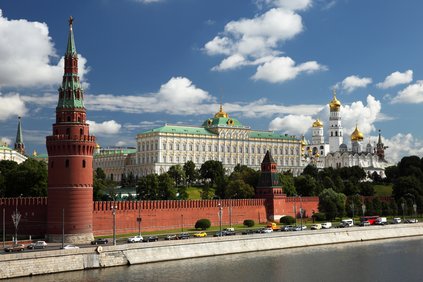Opinions - 27.06.2023 - 15:30
Power struggle with Putin: "Prigozhin obviously overestimated his own position"
On the night of June 24, 2023, Prigozhin began his march on Moscow, escalating the power struggle between the Wagner Group and Russian military leadership. What are the consequences of these events for the war in Ukraine, and what light do they shed on Putin's Russia? Insights from Prof. Ulrich Schmid, HSG Professor of East European Studies.

Rebellion, coup, uprising - What happened over the weekend?
For several months, Prigozhin has been harshly criticizing the Russian army leadership and demanding a tougher approach in Ukraine. He wants Russia to declare war on Ukraine, initiate a Russian general mobilization, and deploy all military forces. With his uprising, he did not intend to overthrow Putin but to force him to follow his own views on these issues.
What is known about Prigozhin's motives? Why is he risking his life and "career"?
A few weeks ago, Prigozhin began personally attacking Vladimir Putin. Putin did not respond to this criticism but attempted to appease the hawk by making some personnel changes in the army leadership. Apparently, that was not enough for Prigozhin. In the past, Prigozhin had always kept a low profile and even denied being the head of the Wagner Group. However, last September, he suddenly confirmed that he was indeed at the helm of the Wagner Group. He personally engaged in combat and thereby gained high credibility within his own unit. He increasingly made challenging comments on social media but had little presence on state television. However, Prigozhin clearly overestimated his own position. His march on Moscow was clearly inspired by Mussolini, who initiated the beginning of fascist rule in Italy in 1922 in a similar manner. However, nobody rallied behind the rebellious Prigozhin, who does not even have any credit as a political alternative within the Putin system. Prigozhin is a war criminal and a bandit who has no domestic power in the Kremlin.
How much damage does this cause for Putin? Do you see these events as an opportunity for the opposition in Russia?
Putin's position is significantly weakened. He has lost authority. Until now, he was seen as a guarantee of stability and security in Russia, but that is no longer the case. However, the opposition cannot benefit from this situation. Opposition figures are either dead (Boris Nemtsov), in prison (Alexei Navalny, Ilya Yashin, Vladimir Kara-Murza), or abroad (Mikhail Khodorkovsky). Perhaps the liberal faction within the Kremlin, especially Prime Minister Mikhail Mishustin, can benefit from Putin's loss of power. In the event of Putin's premature resignation, Mishustin would constitutionally ascend to interim president.
Who benefits from the Prigozhin affair?
For Ukraine, all disputes within the Russian leadership are good news. When individual military forces bind, paralyze, or even fight each other, the Russian offensive in Ukraine is significantly weakened. In this sense, the official reactions from Kyiv are also favourable. The Belarusian President Lukashenko has also benefited from the Prigozhin affair, skillfully utilizing and expanding his limited options for action. He can now appear more confident towards the weakened Putin. The West has limited options for action in these internal Russian conflicts. Since February 24, 2022, it has been clear that the West does not want to become directly involved in the war or engage in Russia.
Ulrich Schmid is Professor of East European Studies at the University of St.Gallen.
More articles from the same category
This could also be of interest to you
Discover our special topics
















